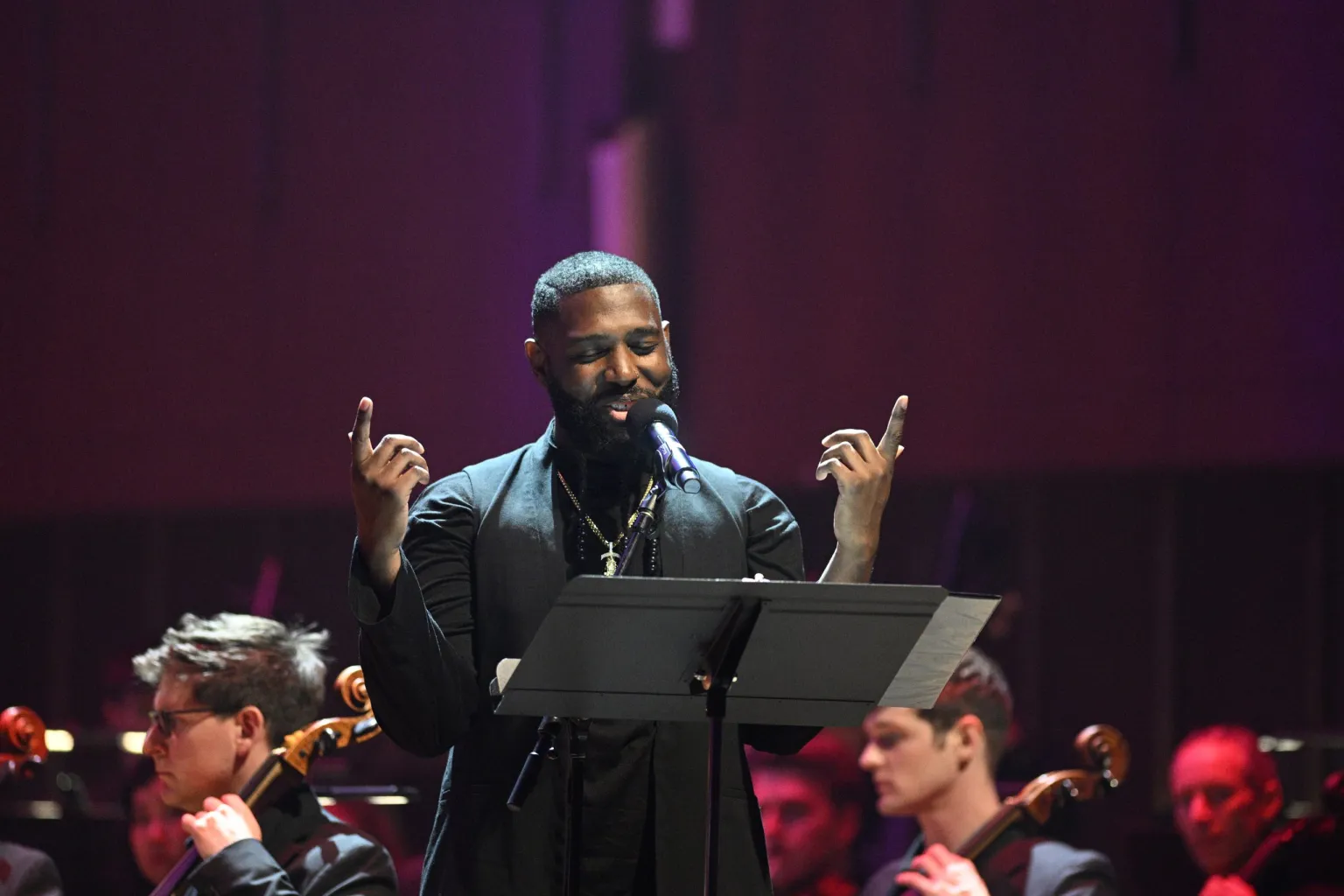
Arthur is a musician, community activist and veteran of many performances under Hackman’s baton, including previous performances of the Resurrection Mixtape at the ISO.
In 2023, Louisville passed a first-of-its-kind bill to make sure no more city subsidies help build new housing that displaces existing residents. Earlier this year, the city introduced a new tool to implement the law. The open-source tool analyzes whether any given project meets the neighborhood’s housing needs and income levels, ensuring that rents match local residents’ income. If the development does not meet these standards, then the city cannot subsidize it.
Like many workers in the U.S., artists often make ends meet in non-traditional and resourceful ways, holding multiple jobs, cycling in and out of roles, and engaging in artistic practice through self-employment. These ways of working in turn may limit artists' financial security and their ability to access workplace protections and employer benefits. They also make it difficult to identify artists in existing research. To better serve artists, we must see the full complexity and reality of how they earn a living and piece together support for their creative lives.



